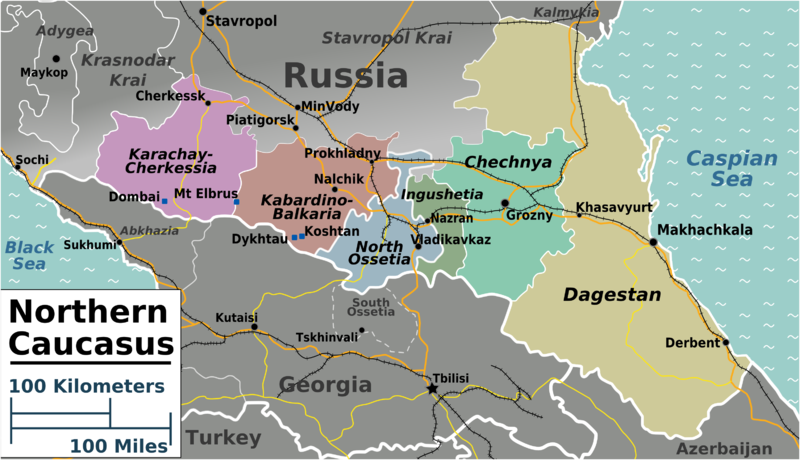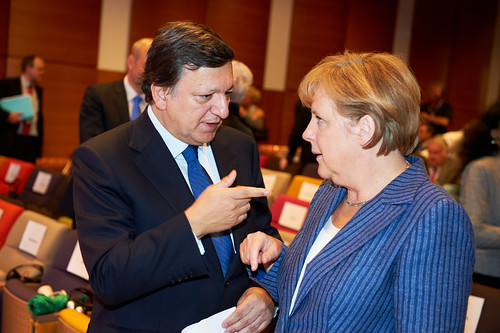
Lieutenant Colonel Robert W. Schaefer, U.S. Army Special Forces (Green Beret) and Eurasian Foreign Area Officer, offers a comprehensive and detailed analysis of the situation in the North Caucasus in his book The Insurgency in Chechnya and the North Caucasus: From Gazavat to Jihad. Though this book was published three years ago, the recent Boston Marathon Bombing in the U.S. by Chechen extremists makes a review of the book, and its subject matter, timely. In reviewing the book, I gained useful insight into the politics, and sources of instability, in the North Caucasus region, and was able to clarify the role of Islam in Chechnya. Schaefer tackles the definition of insurgency, differentiating it from terrorism, gives a comprehensive history of the region, focusing on the past 300 years, and brings the reader up to date by covering the Chechen-Russian wars in the 1990s, and the aftermath, in detail. In so doing, the reader receives a rare glimpse into the region’s political tensions, as well as a forecast for the future.



